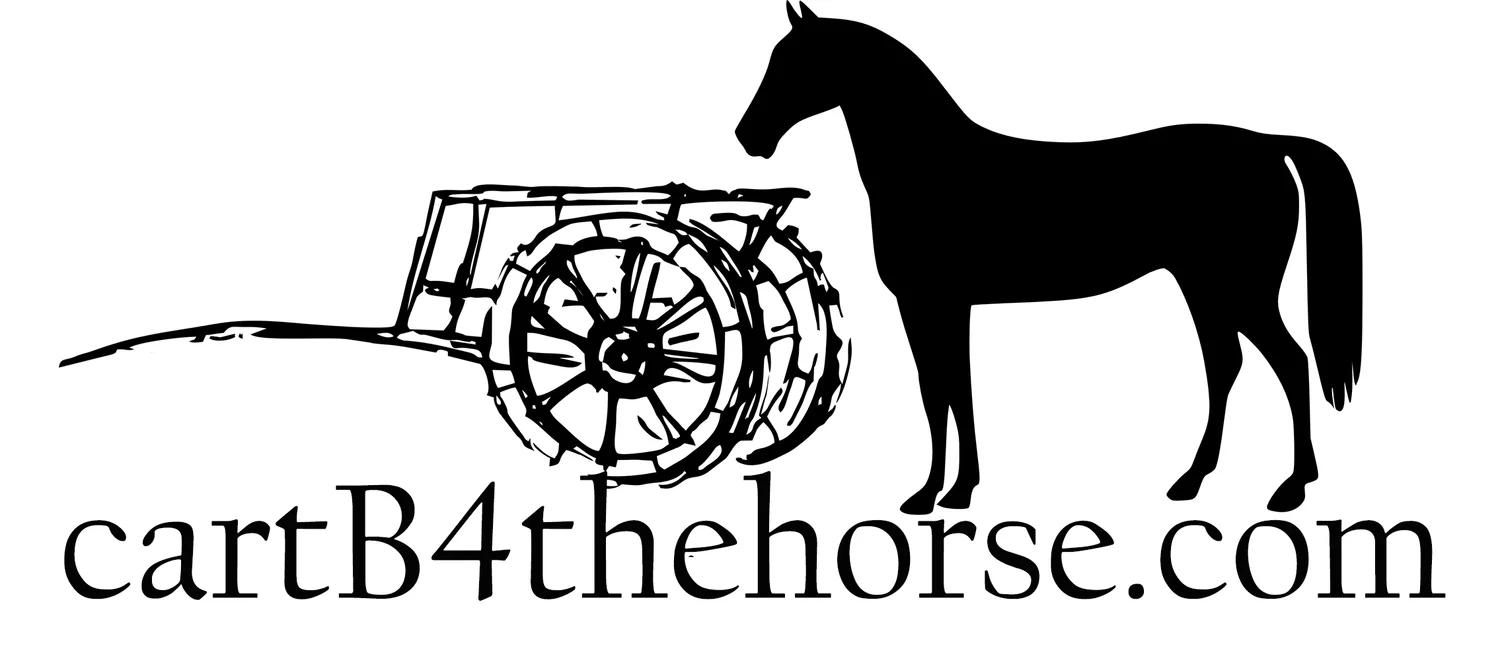A Voyageur Thanksgiving
/The young crew of La Salle: Expedition II had many reasons to give thanks to Providence on Nov. 25, 1976. Three weeks earlier a sudden shift in the wind outside Green Bay had dumped four teenagers into 40-degree waters on the far side of a tiny island out of sight of their companions. Training and leadership, teamwork and responsibility had each played a role in saving the lives of all four.
The crew of boys, all 18 or 19 years old, had grown wiser and stronger after 1,300 miles or more into their 3,300-mile pilgrimage from Montreal to the Gulf of Mexico, following the route of the explorer La Salle. They had learned self-reliance, flexibility, and courage – gifts for this Thanksgiving, 355 years after the Pilgrims enjoyed their first one in Plymouth.
True, the day was hard. The boys rose at 5:30 to take down the shelters, douse the fires, toss their bundles into the canoes and pause for a hearty breakfast at the Roadway Inn near the Racine, Wisconsin shore. They were going to need it, because there would be no lunch or rest until they reached Kenosha, so close in distance and so far away by the clock.
As soon as the canoes cleared the harbor and turned south, the wind blasted the voyageurs’ faces and kicked up waves. The fragile craft heaved in the cold seas of Lake Michigan.
“I was soaked after five minutes and remained in that condition for the next six hours. The waves and the wind never let up,” wrote social studies teacher Terry Cox, one of the seven adults on the trip. “It was only eleven miles to Kenosha, but it was a hell of a trip. I felt like I’d gone 12-rounds with Ali when we got in.”
The sun broke through gray clouds. Temperatures lofted into the low 50’s. In dozens of small throngs, some of them family groups, Wisconsin residents ran down to the roadside overlooking the lake. They gaped at the sight of 17th century voyageurs paddling down the coast as if on a fur trading expedition.
In Southport the narrow beach designated for landing allowed only one canoe at a time to fly rapidly into a rocky beach. Half of the six specially made canoes received damage. Ironically, a sandy beach lay just 300 yards farther north. But more than a hundred people turned out to welcome them.
After setting up camp in the park, the travelers were invited to spend Thanksgiving with a family who lived across the street. Neighbors came over, some serving as wait staff, and the boys feasted. For La Salle II, as for the Pilgrim Fathers, Thanksgiving was a time to rest, enjoy the blessings of life and take heart from the successes of the journey.
Father Loran Fuchs says mass for the boy voyageurs in the Canadian hills above the St. Lawrence River in August 1976. After the iron grip of winter settled in, the travelers had deeper reasons to be grateful for the Providence that kept them alive and joyful at Thanksgiving with a host family on the Wisconsin shore.
As the expedition moved more deeply through the heart of America in the months to come, the voyageurs witnessed a nation in conflict: corporations dealing with the new Environmental Protection Agency, women dealing with the birth pains of Title IX, and Americans of color continuing to work for equal treatment more than a decade after the Civil Rights and Voting Rights Acts.
As the United States deals with the aftermath of a divisive presidential campaign, all Americans would do well to give thanks for what we have in spite of our differences. Among these are the freedom to work to improve our understanding of each other, the right to disagree forcefully but peacefully over policies, and the hope that our tomorrow will be better for a greater number than today happens to be.
God bless us all as we paddle on.





